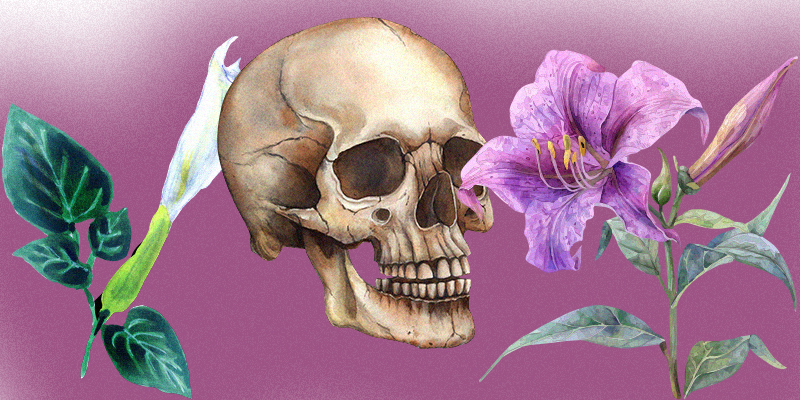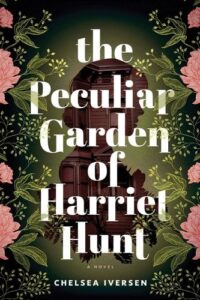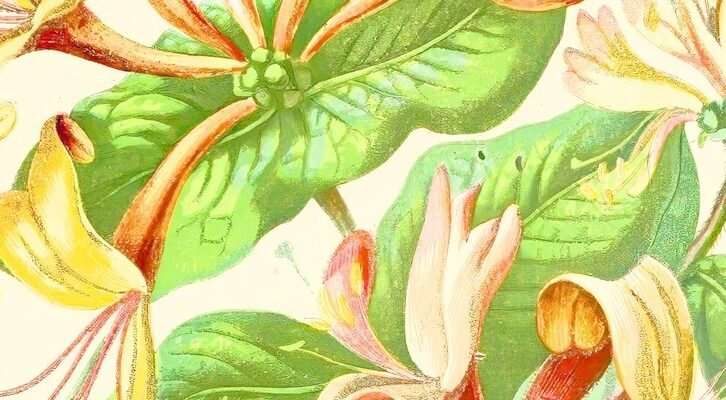Lush and poisonous gardens are almost always a delight for readers, whether they’re real or imaginary, magical or ordinary.
A garden, in a book, can take a variety of forms. It can act as a contrast to many harsh realities of life—realities as diverse as urbanization, industrialization, controlling relationships, neglect, abuse, silence, lack of agency, and countless more. A garden can be a beautiful escape as much as it can be a source of dark power. That’s part of what makes gardens so fun to read about.
There are some gardens from stories of the past that are familiar. Alice’s Adventures in Wonderland by Lewis Carroll, for example, features a lovely garden that Alice longs to get into, if only she could fit through the door. The Secret Garden, by Frances Hodgson Burnett, brings to life a garden that’s symbolic and even, perhaps, healing. Both of these stories rely on a garden that is a place of possibility and imagination.
But gardens in literature don’t always portray innocence, beauty, and imagination. They can be—and often are—gothic in nature, even dangerous. Poison gardens with sinister flora can do serious harm if in the wrong hands, with dangerous plants masquerading as beautiful flowers. Gardens like these in literature are devious, mysterious, and even exciting. In Rappaccini’s Daughter, a Victorian-era short story by Nathaniel Hawthorne, tells the tale of a girl who cares for her father’s poisonous garden. She becomes immune to the poison, but, in turn, she becomes poisonous herself. If you can brave the verbose Victorian prose of this story, you discover a tragedy that uses the symbol of poisonous plants to highlight a poisoned relationship between father and daughter.
Even Agatha Christie, the queen of the murder mystery, uses poisonous plants and their toxins in several of her books, including And Then There Were None. There’s something about poison that’s irresistible to readers, but even better is when a garden provides the opportunity to take something beautiful, like a flower, and turn it into something harmful or even deadly.
In contemporary fiction, there are plenty of books that use lush and poisonous gardens to create a tense, surprising story.
In my own latest novel, The Peculiar Garden of Harriet Hunt, a young Victorian woman must use the power of her garden to escape the sinister plots of the men around her. She has a special bond with her verdant, toxic garden, which includes a tree with sleep-inducing fruit as well as flowers and ivy that respond to her emotions.
Here are a few more titles that feature powerful, dangerous gardens. If you love a little poisonous or unpredictable flora, this list is for you.
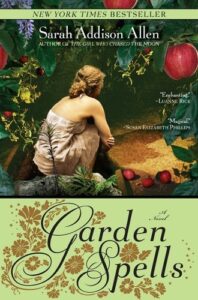
Garden Spells by Sarah Addison Allen
This 2007 book is a beautiful rendering of a garden with magical powers. The story follows two grown sisters coming together after years apart, and the love they find. There is magic in the garden of their house, primarily in the form of apples—apples that, when eaten, will show you your future.
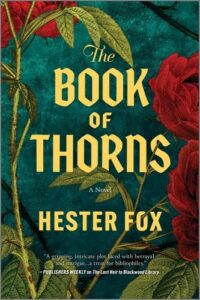
The Book of Thorns by Hester Fox
In this historical novel with fantastical elements, a mysterious plant magic binds two sisters from across a war-torn Europe and eventually brings them together—but not before the flowers mysteriously rise at the battle of Waterloo.

The Botanist’s Guide to Parties and Poisons by Kate Khavari
Poison is the reason there’s a mystery to follow in this suspenseful cozy, which gives the story a Christie-like quality. But it’s the dark, dangerous gardens that aid the heroine in her journey to solve the puzzle.
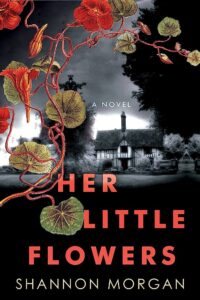
Her Little Flowers by Shannon Morgan
A reclusive woman who lives on a crumbling estate with a poisonous garden begins to unravel her family’s secrets and, with it, a tragic history. The lush setting and rambling, disquieting garden are woven intricately into the dark family lore.
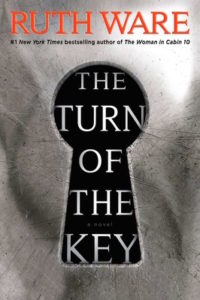
The Turn of the Key by Ruth Ware
In this gothic thriller, a nanny struggles to forge a bond with the children in her care, all while inside a highly surveilled estate. The estate is home to a poison garden that, though it’s locked, the children know how to access anyway. The poison garden isn’t the central tenet of this story, but it certainly plays a role in the plot and adds to the creeping sense of foreboding that makes this book rich with suspense.
***

